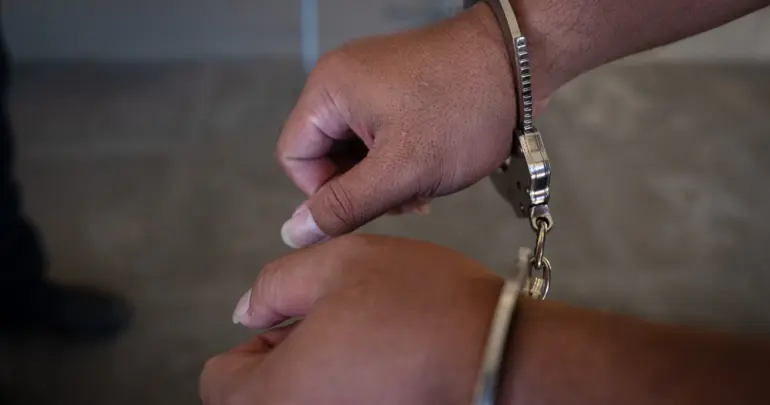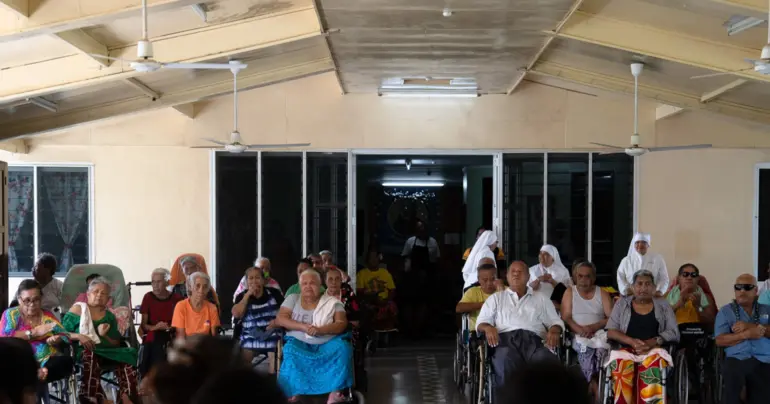Head of State acting outside his powers: Supreme Court
 By Matai'a Lanuola Tusani T - Ah Tong
•
08 July 2021, 12:00AM
By Matai'a Lanuola Tusani T - Ah Tong
•
08 July 2021, 12:00AM
The panel of Supreme Court Justices who ordered the convening of Parliament within seven days say the Head of State's recent late night proclamation is “in excess of his constitutional powers” and his office should be bipartisan.
 By Matai'a Lanuola Tusani T - Ah Tong
•
08 July 2021, 12:00AM
By Matai'a Lanuola Tusani T - Ah Tong
•
08 July 2021, 12:00AM











